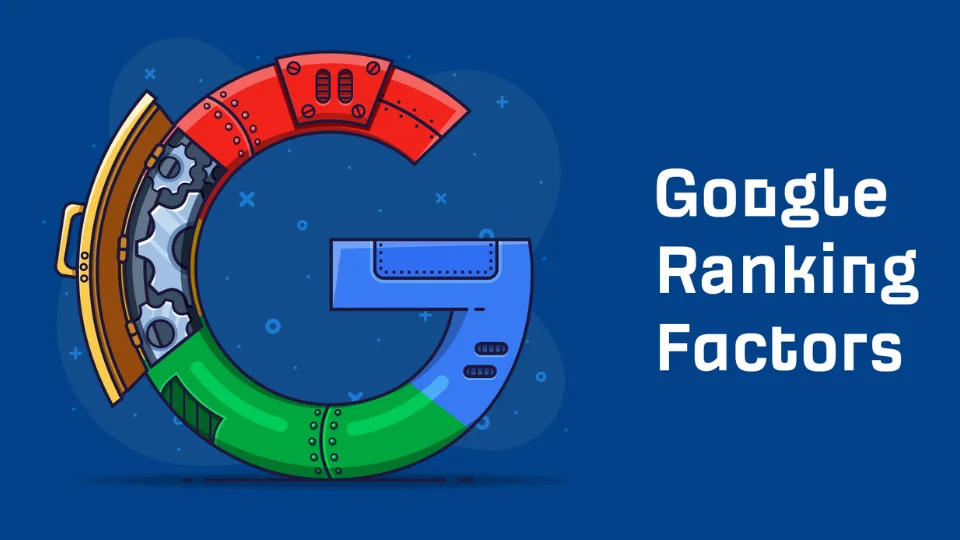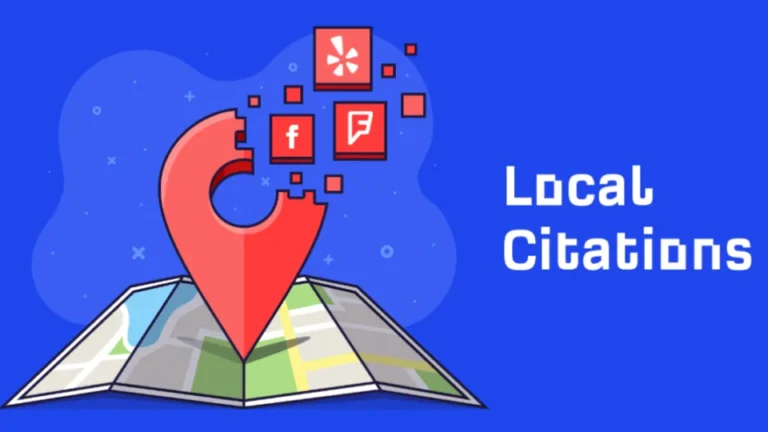Google’s 200 Ranking Factors: The Complete List
When it comes to ranking on Google, there’s one question every website owner, SEO expert, and content creator asks: What exactly does Google look at when ranking web pages? Over the years, SEO professionals have compiled a list of up to 200 factors that influence how your content appears in search results. While Google has never confirmed every detail, this comprehensive guide breaks down what we know — and what truly matters in 2025.
Why Google Ranking Factors Matter

Google processes billions of searches every day. But only a handful of results show up on page one. Knowing how Google ranks content helps you:
- Improve visibility and traffic
- Increase clicks and engagement
- Build trust with your target audience
- Stay ahead of competitors
The key is not to “trick” Google, but to optimize for user intent and quality.
Categories of Google Ranking Factors

To make things easier, we’ve grouped the 200+ factors into logical categories:
- Domain-Level Factors
- Page-Level Factors
- Site-Level Factors
- Backlink Factors
- User Interaction Factors
- Special Google Algorithm Rules
- Brand Signals
- On-Site Webspam Factors
- Off-Site Webspam Factors
1. Domain-Level Ranking Factors

These relate to your domain name and its overall authority.
- Domain age
- Keyword in domain
- Domain history (penalties, ownership changes)
- Public vs private WHOIS
- Exact Match Domain (EMD) value (limited now)
- Domain extension (.com vs .info)
2. Page-Level Ranking Factors
This category focuses on individual pages and how they’re optimized.
- Keyword in title tag
- Title tag length and clarity
- Meta description optimization
- Use of H1, H2, H3 tags
- Keyword density (natural use)
- Page loading speed
- Image alt text
- Content depth and relevance
- Grammar and spelling
- Outbound link quality
3. Site-Level Ranking Factors
Google looks at your site as a whole for trust and quality.
- Website architecture
- Sitemap presence
- HTTPS secure protocol
- Mobile-friendliness
- Site updates/freshness
- Crawlability
- Duplicate content issues
- Structured data/schema markup
- E-E-A-T (Experience, Expertise, Authoritativeness, Trust)
4. Backlink Factors
Backlinks remain one of the most important ranking signals.
- Total number of backlinks
- Domain authority of linking sites
- Anchor text used
- Relevance of linking pages
- Dofollow vs nofollow links
- Link diversity (different sources)
- Natural link profile
- Link age and freshness
- Internal linking structure
5. User Interaction Factors
Google monitors how users engage with your site.
- Organic click-through rate (CTR)
- Bounce rate
- Dwell time (time on page)
- Repeat visits
- Pogo-sticking (clicking back to search results quickly)
- Direct traffic volume
- Chrome data usage (browser signals)
6. Special Algorithm Rules
Google uses specific filters and rules for certain types of searches.
- Freshness boost (for trending topics)
- Local search relevance
- Query-specific features (like “People Also Ask”)
- Safe Search filters (for adult content)
- YMYL (Your Money or Your Life) guidelines
7. Brand Signals
Strong brands get rewarded with trust and higher visibility.
- Brand name anchor text in backlinks
- Branded searches
- Verified social profiles
- Google Knowledge Panel presence
- Company LinkedIn profile
- Mentions in news sources
8. On-Site Webspam Factors
Google penalizes spammy tactics on your site.
- Keyword stuffing
- Hidden text
- Cloaking
- Doorway pages
- Sneaky redirects
- Thin content with no value
9. Off-Site Webspam Factors
Spammy tactics off your site can hurt rankings.
- Link farms
- Irrelevant backlinks
- Paid link schemes
- Negative SEO attacks
- Spammy anchor text
Comparison: White Hat SEO vs Black Hat SEO
| Feature | White Hat SEO | Black Hat SEO |
|---|---|---|
| Strategy | User-focused, ethical | Manipulative, risk-focused |
| Techniques | Quality content, clean links, on-page SEO | Cloaking, keyword stuffing, link schemes |
| Long-Term Value | High | Low (often penalized) |
| Google Compliance | Yes | No |
Pros and Cons of Having 200 Ranking Factors
Pros
- Encourages high-quality content creation
- Rewards genuine authority and expertise
- Provides multiple avenues for optimization
- Improves user experience indirectly
Cons
- Complexity makes SEO overwhelming
- Not all factors are equally weighted
- Some factors are speculative or outdated
- Google rarely confirms individual factors
Do All 200 Ranking Factors Matter Equally?
No. While there are many potential ranking signals, only a core subset consistently affects rankings. These include:
- Backlinks (quality over quantity)
- Content relevance and quality
- Page experience (speed, mobile usability)
- User intent satisfaction
- On-page SEO best practices
Google’s ranking system is more about comprehensive quality than checking off every factor.
Frequently Asked Questions
Are all 200 ranking factors confirmed by Google?
No, most are based on industry research, experiments, and public comments by Google employees. Only a handful are officially confirmed.
What are the most important ranking factors?
The most important include high-quality backlinks, relevant content, fast loading speed, mobile optimization, and satisfying user intent.
How often do Google’s ranking algorithms change?
Google makes thousands of updates every year. While most are minor, major core updates typically roll out several times annually.
Do ranking factors apply equally to all websites?
No. Different industries, queries, and search intents may trigger different ranking signals.
Can I rank well without backlinks?
In low-competition niches, yes. But for competitive keywords, quality backlinks are almost always necessary.
Final Thoughts: Understanding Google’s Ranking Blueprint
While no one outside Google knows the exact algorithm, having a deep understanding of these 200 ranking factors gives you a significant edge. But remember, the goal isn’t to optimize for every single factor. Instead:
- Focus on quality content that satisfies user intent
- Build a clean, mobile-friendly website
- Earn high-quality backlinks from trusted sources
- Monitor performance and adapt to algorithm updates
SEO isn’t about gaming the system. It’s about creating great experiences for users — and that’s exactly what Google rewards.
Ready to improve your search rankings? Start with the essentials, monitor what works, and keep learning. The SEO landscape is always evolving — and so should your strategy.







